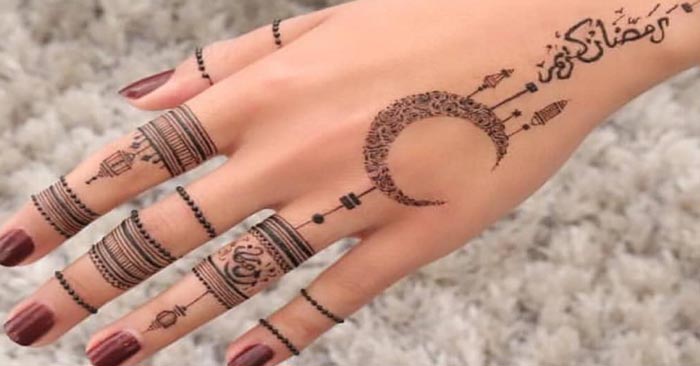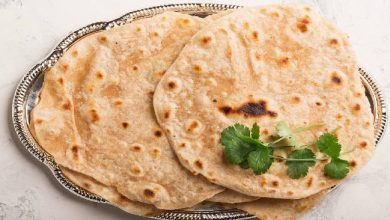What Islam Says About Henna Application

Henna, also known by its Latin name, Lawsonia Inermis, is also found in India, Asia and Australia. For centuries, people used the dye made from the leaves of this plant to colour nails, hands and feet. That’s in addition to other items such as cloth and leather goods. Today, henna is also a marketable ingredient in women’s shampoo.
The use of henna for decoration goes back to the times of ancient Berbers of North Africa. However, as henna spread, it’s varied usages spread as well.
Henna is allowed in Islam

Yes! It is allowed in Islam. According to a Post, which has cited some hadiths as well as given authentication from the verses of Islam.
- Only Tattoos are Haram in Islam because they are permanent.
- It is a temporary thing, which fades away after few weeks or days. Unlike the other tattoos which stick to your body until you have them removed.
- Our Beloved Prophet Muhammad (PBUH) used to dye his hair.
- In Islam, It is not considered as a Tattoo.
- A woman can dye her hair, hands, and feet by the use of henna.
- There is no harm in using it. Moreover, it is permissible in Islam too.
Health Benefits of Henna:
- It can be used as a conditioner to your hair.
- It also plays an important part in balancing natural acid-alkaline in your hair.
- It also prevents your hair to turn gray.
- It reduces headaches.
- It also treats dandruff.
All of us know that Islam is very easy, it is narrated in hadith of Prophet Muhammad (PBUH) that Islam is easy and we should not make it tough to make people go away from Islam.






